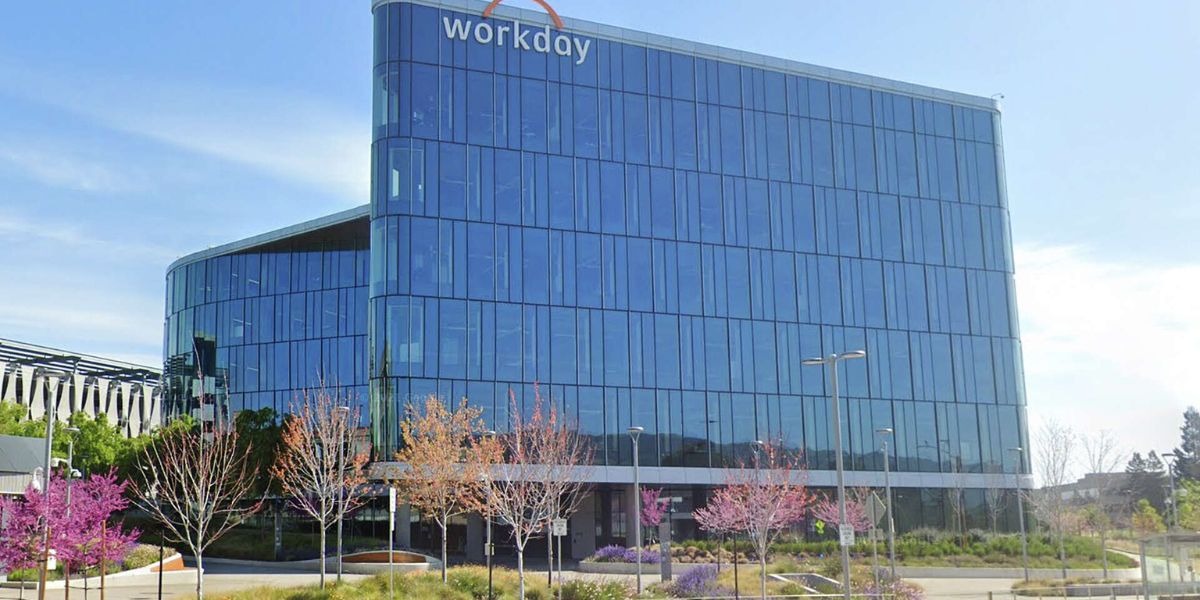Illinois residents, who currently pay the second-highest gas tax in the country, will see an increase at the pump starting July 1st. This hike is part of an automatic annual adjustment tied to inflation.
Currently, the state gas tax stands at 45 cents per gallon. On July 1st, 2024, this will increase to 47 cents per gallon, positioning Illinois just behind California, which has a 60 cents per gallon gas tax.
Historical Context
Before 2019, Illinois had a gas tax of 19 cents per gallon. This rate was doubled to 38 cents per gallon in 2019 to help fund a $45 billion infrastructure bill. Alongside this increase, lawmakers implemented a system where the tax would automatically adjust for inflation each year, eliminating the need for a public vote on these tax hikes.
Recent Legislative Actions
In May, House Bill 5252 was proposed to suspend the automatic Illinois Motor Fuel Tax increase for two years, aiming to alleviate the financial burden on residents facing high inflation. This bill is currently awaiting further action in the Rules Committee.
COVID-19 and Tax Relief Measures
During the COVID-19 pandemic, in July 2022, Illinois temporarily froze the gas tax for six months as part of a broader tax relief package to support economic recovery from the government-mandated shutdowns.
Impact on Electric Vehicle Owners
Electric vehicle owners, who are exempt from the gasoline fuel tax, contribute through an annual flat fee of $100 in addition to their regular registration fees. This measure ensures that users also support the infrastructure funding, compensating for the lost revenue from gasoline taxes.
New Legislation Effective July 1st
Alongside the gas tax increase, several new laws will take effect in Illinois on July 1st. These include the issuance of driver’s licenses to undocumented migrants, a raise in the minimum wage in Chicago, amendments to child labor laws to protect children involved in social media influencing, protections for independent contractors, and changes in school assessment test administration.
Also Read:
- Surprise Stage Invite Makes South County Woman an Overnight Social Media Star
- Granite City Residents Help Keep Jerry’s Cafeteria Afloat During Tough Times
Conclusion
The automatic increase in Illinois’ gas tax underscores the state’s ongoing efforts to balance infrastructure funding needs with economic pressures on residents. While this system aims to provide steady revenue for vital projects, it also highlights the broader financial impacts on everyday consumers, especially those in lower-income brackets.




